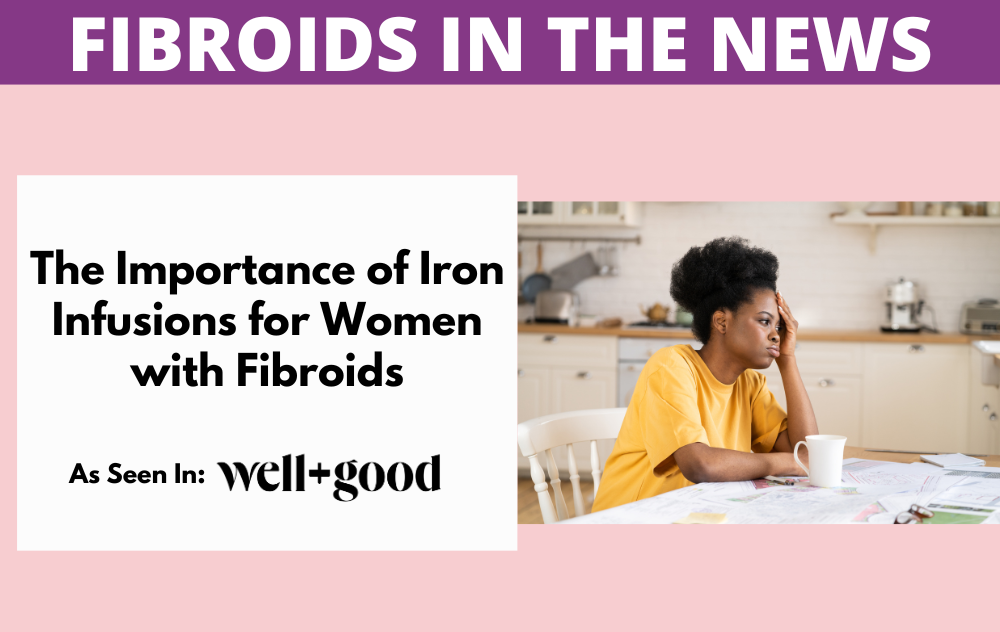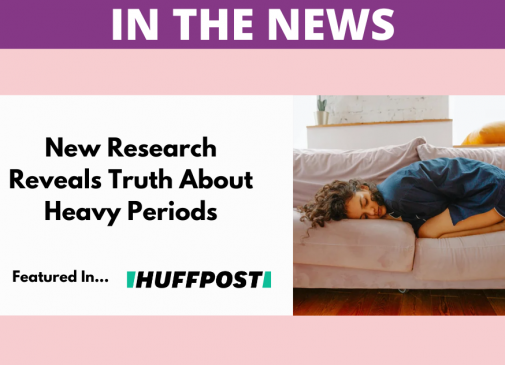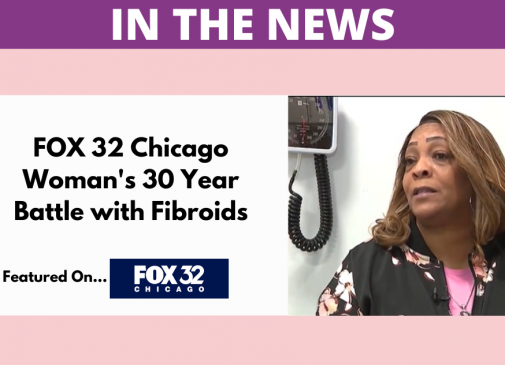
An often-overlooked issue that affects many women, especially those with fibroids, is iron deficiency caused by heavy menstrual bleeding. For many women, heavy periods, a common symptom of fibroids, can lead to severe blood loss, which over time can result in anemia. This condition, characterized by low levels of red blood cells and hemoglobin, leaves individuals feeling exhausted, weak, and even breathless, with symptoms often dismissed as part of the normal menstruation cycle or aging.
An article in Well and Good highlighted a personal account of a woman who, despite repeated bloodwork and ongoing fertility treatments, only sought proper treatment when her iron levels plummeted to dangerous lows. The key takeaway is that heavy periods, often caused by fibroids, are a significant contributor to iron deficiency, yet many patients are not diagnosed until their symptoms become severe. In some cases, over-the-counter iron pills are ineffective or poorly tolerated, leading to alternative treatments such as iron infusions, which are becoming more widely recognized as an effective solution.
Iron infusions, delivered through an IV, are a medical treatment that directly replenishes iron levels in the body, bypassing the digestive system. They are especially beneficial for individuals whose iron deficiency is severe or who cannot tolerate oral iron supplements. The process, although under-prescribed by many doctors, has proven to provide quick relief in terms of fatigue, breathlessness, and general exhaustion—symptoms that many with fibroids experience due to ongoing heavy menstrual cycles.
The article further explains that iron infusions have evolved over the years and are now considered safe and effective, with fewer side effects than in the past. However, despite the benefits, the treatment is often under-prescribed due to misconceptions about its safety and the costs involved. Insurance can sometimes cover the treatment, but many people are unaware that it is even an option for them.
The implications of this are clear: individuals with fibroids and heavy periods need to be proactive in addressing their iron levels. If you’re experiencing symptoms like fatigue, dizziness, and shortness of breath, it may be time to speak with your medical provider about your iron levels. Advocating for yourself and understanding the potential treatments available could make all the difference in improving your quality of life.
At Fibroid Fighters, we emphasize the importance of understanding how fibroids can impact more than just the reproductive system. Heavy periods can lead to serious health issues, and it’s important to seek the right care before it escalates. If you or someone you know is struggling with heavy periods and the associated risks of anemia, don’t wait for your symptoms to worsen—explore your options for treatment and ensure you get the support you need.
Resources for Women’s Health
The Fibroid Fighters Foundation is a national non-profit organization dedicated to raising awareness, providing support, advocating for improved healthcare options, and empowering women to take control of their health when facing fibroids.
For more information and resources about uterine fibroids, visit Fibroid Fighter’s resource page, call (855) 455-5262, or email us at [email protected].
For the latest news on women’s health, follow us on www.instagram.com/fibroidfighters.
To read more about iron transfusions from Well + Good, click here.







